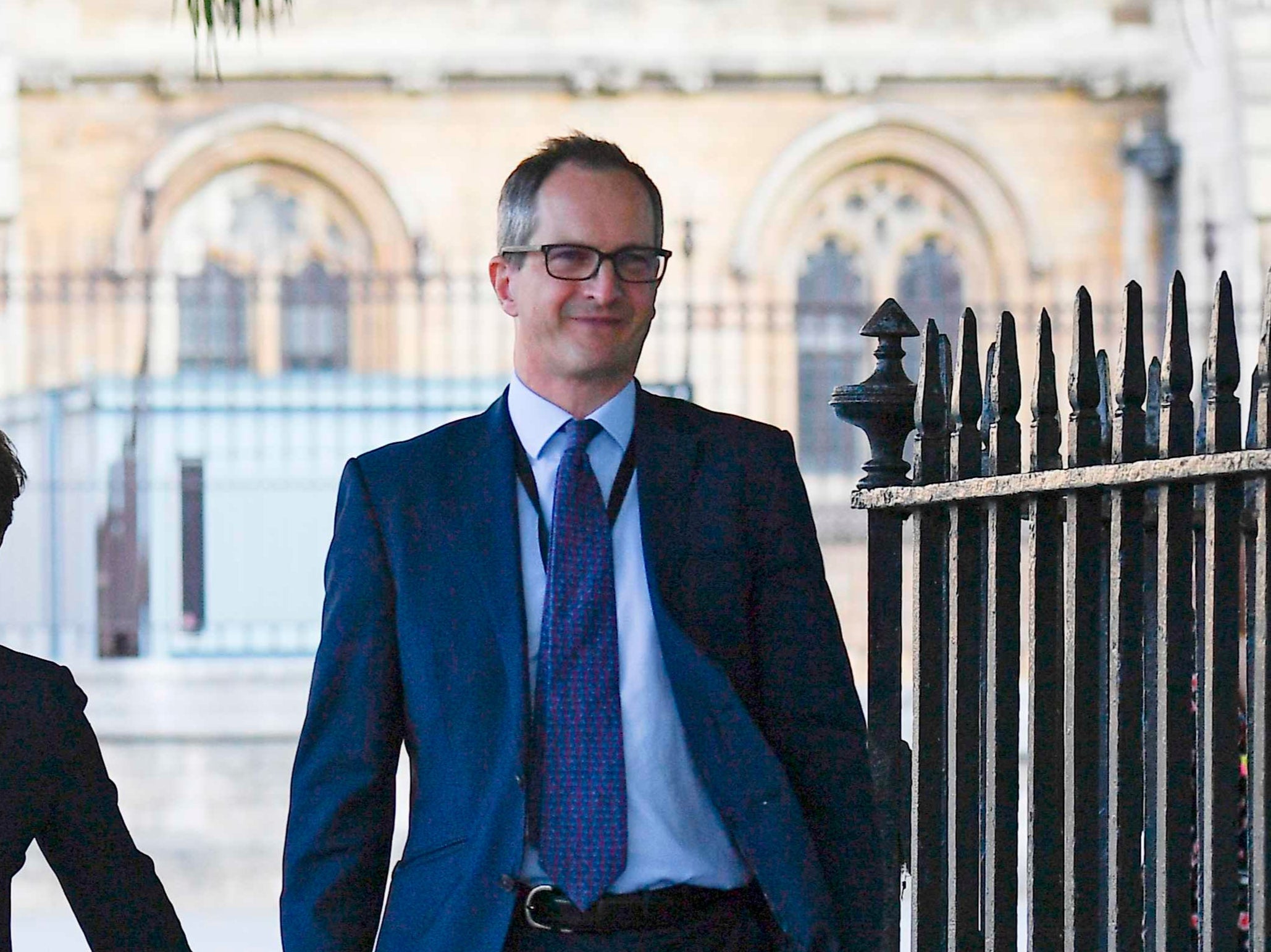Former health minister describes being targeted by honeytrap schemes
‘When I was 36, I didn’t have a very good judgement at all’, Lord Bethell said
Your support helps us to tell the story
From reproductive rights to climate change to Big Tech, The Independent is on the ground when the story is developing. Whether it's investigating the financials of Elon Musk's pro-Trump PAC or producing our latest documentary, 'The A Word', which shines a light on the American women fighting for reproductive rights, we know how important it is to parse out the facts from the messaging.
At such a critical moment in US history, we need reporters on the ground. Your donation allows us to keep sending journalists to speak to both sides of the story.
The Independent is trusted by Americans across the entire political spectrum. And unlike many other quality news outlets, we choose not to lock Americans out of our reporting and analysis with paywalls. We believe quality journalism should be available to everyone, paid for by those who can afford it.
Your support makes all the difference.Lord Bethell has admitted that he was targeted by the “most extraordinary” honeytrap schemes when he was a minister.
The former health minister said he was less suspectable to scams because he “blew off a lot of steam” in his Ministry of Sound days. Lord Bethell managed the well-known London nightclub for nearly a decade before entering government.
Speaking to Carole Walker on Times Radio, he said: “I get the most extraordinary propositions. Yes. A very great many of them, particularly during Covid, when I was a minister. Some of them have pretty pictures attached to them. Some of them were of a financial nature.
“The whole time we are under, you know, I don’t mean to be dramatic, but we are under threat, parliamentarians, all the time. And we should know it and take precautions accordingly.”
He added: “I’ve come into politics quite late in my career. I spent ten years at the Ministry of Sound and blew off a lot of steam before I went into politics. So I am in a slightly different position than poor old Will Wragg. When I was 36, I didn’t have a very good judgement at all.”

It came as The Times reported that a Labour MP and a top journalist were targeted with unsolicited WhatsApp messages in 2020.
Someone using the name “Adrian” messaged the personal numbers of both men in their 30s.
The Labour MP returned naked photos to the sender. Another person saying they were “Adrian’s girlfriend” approached one of the men later that year.
The messages were reported to have used similar language to recent honeytraps in the last year from people posing as “Abi” and “Charlie”.
Rishi Sunak has claimed the revelations that a senior Conservative MP leaked phone numbers of his colleagues after being caught in spear-phishing sting were “a reminder about the importance” of people in public life taking care with unsolicited messages.

The prime minister was challenged on his response to revelations that William Wragg had been targeted in a so-called “honeytrap” scandal after resisting calls to take action over the MP’s behaviour.
Mr Wragg has resigned the Conservative whip and will sit in parliament as an independent.
But Mr Sunak claimed “there are wider things happening” and that William Wragg has “rightly apologised for what happened”, adding that “it’s a good reminder to everyone but particularly those in public life to be careful about unsolicited messages.”

Join our commenting forum
Join thought-provoking conversations, follow other Independent readers and see their replies
Comments